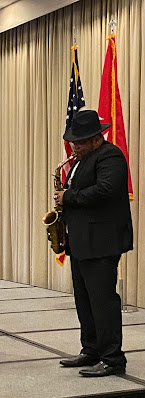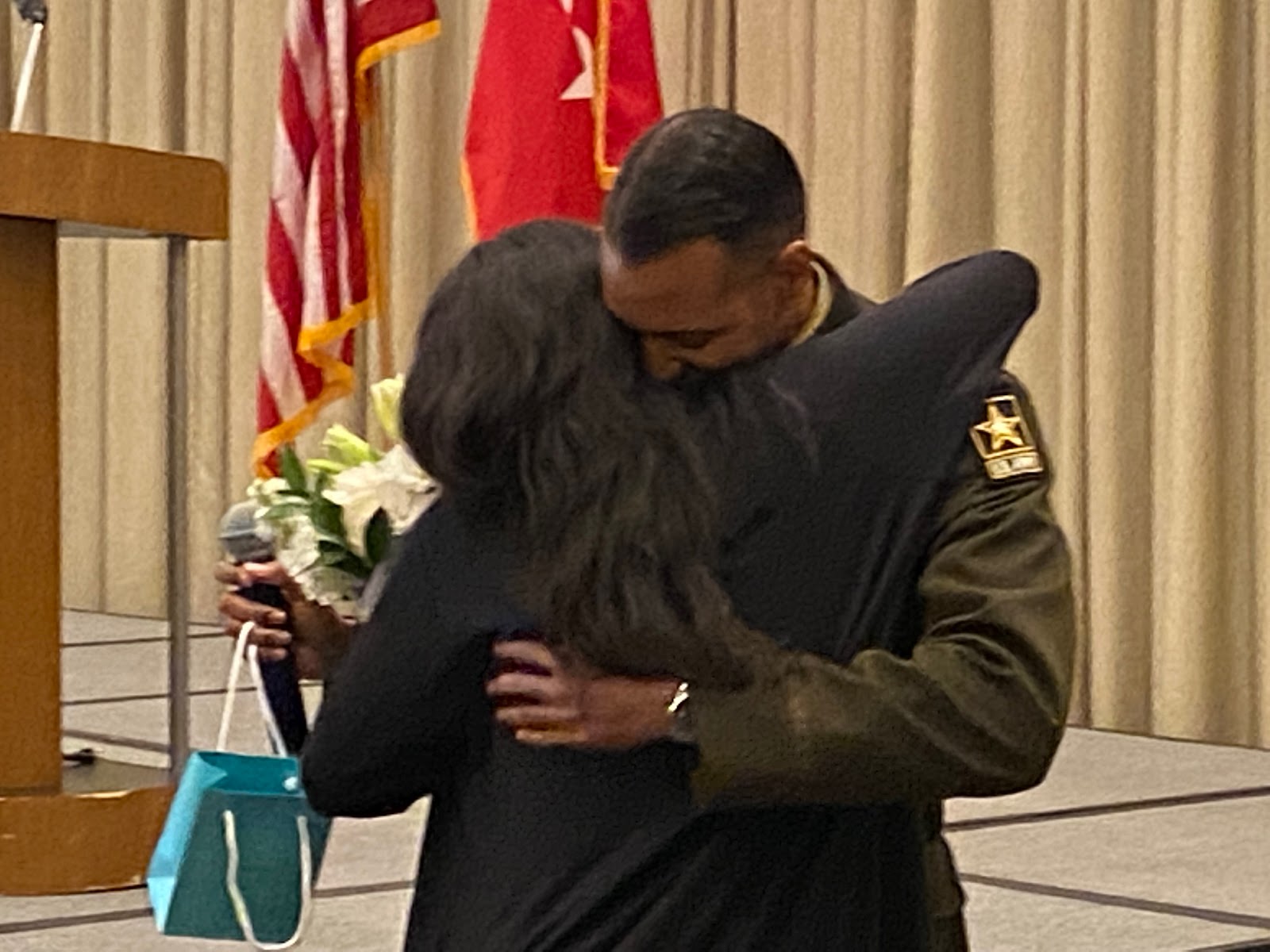Sometimes I have a book for a few years, suddenly remember I have it, and read it in a couple of days. That just happened with C.S. Lewis: A Very Short Introduction by Jim Como. I have had the copy since it was first published in 2019. I bought it and had it signed by the author at the 50th Anniversary of the New York C.S. Lewis Society.
Jim is one of the founding members. I joined a decade after the founding of the group in 1979 just after I left active duty in the Army in Germany. Jim and I have known each other for four decades. I attended meetings of the NY CSL Society about once a year for the past four decades. Like most NYCSL members, Jim lives and works in the New York City region.
I read the book now because I just finished reading CSL's longest book: English Literature in the Sixteenth Century excluding drama. Lewis referred to it by the series name abbreviation OHEL: Oxford History of English Literature.
I read Jim's book to as a review of all that Lewis wrote before and after the OHEL.
The short introduction includes a brief biography, brief summaries and evaluations of all of Lewis's books and many essays. He even includes a list of the more prominent critics of Lewis and some of the controversies that cropped up during and after Lewis's life.
After being so far into the weeds of the 16th Century, it was fun to come back to all the ways Lewis wrote and lived. I have read all of the 40 books published in during the life of Lewis and most of the collections published after he died--a dozen more.
Lewis is now known most of all for the seven books of the Chronicles of Narnia. All of them made into movies I will never see (I don't watch movies of novels I love.)
But Lewis is also a novelist. His Till We Have Faces is, I think, his best book and among the better novels of the 20th Century. Jim's description of the book and it's place in 20th Century literature is excellent.
Lewis is also a Christian apologist, a lecturer, a BBC radio personality during WWII, essayist, book reviewer, and a science fiction writer: Perelandra is a brilliant novel, and a literary critic of considerable reputation. Jim's most recent book is about Perelandra.
Jim's Very Short Introduction convey's all of this in 128 pages. If you have read only some of Lewis, this book will tell you what to read next.
And I will also suggest what to read next: If you haven't read The Four Loves or the essay "The Inner Ring," they should be your next read.
First 40 books of 2022:
English Literature in the Sixteenth Century excluding drama by C.S. Lewis
Le veritable histoire des petits cochons by Erik Belgard
The Iliad or the Poem of Force by Simone Weil
Game of Thrones, Book 5 by George R.R. Martin
Irony and Sarcasm by Roger Kreutz
Essential Elements by Matt Tweed
Les horloges marines de M. Berthoud
The Red Wheelbarrow and Other Poems by William Carlos Williams
The Road Less Traveled by M. Scott Peck
Cochrane by David Cordingly
QED by Richard Feynman
Spirits in Bondage by C.S. Lewis
Reflections on the Psalms by C.S. Lewis
The Pope at War: The Secret History of Pius XII, Mussolini, and Hitler by David I. Kertzer
The Last Interview and Other Conversations by Hannah Arendt
Galapagos by Kurt Vonnegut
The Echo of Greece by Edith Hamilton
If This Isn't Nice, What Is? by Kurt Vonnegut
The War That Made the Roman Empire: Antony, Cleopatra, and Octavian at Actium by Barry S. Strauss.
Civil Rights Baby by Nita Wiggins
Lecture's on Kant's Political Philosophy by Hannah Arendt
The Netanyahus by Joshua Cohen
Perelandra by C.S. Lewis
The Federalist Papers by Alexander Hamilton, James Madison and John Jay
First Principles by Thomas Ricks
Political Tribes by Amy Chua
Book of Mercy by Leonard Cohen
A Brief History of Earth: Four Billion Years in Eight Chapters by Andrew Knoll
Prisoners of Geography by Tim Marshall
Understanding Beliefs by Nils Nilsson
1776 by David McCullough
The Life of the Mind by Hannah Arendt
Civilization: The West and the Rest by Niall Ferguson
How to Fight Anti-Semitism by Bari Weiss
Unflattening by Nick Sousanis
Marie Curie by Agnieszka Biskup (en francais)
The Next Civil War by Stephen Marche
Fritz Haber, Volume 1 by David Vandermeulen
















